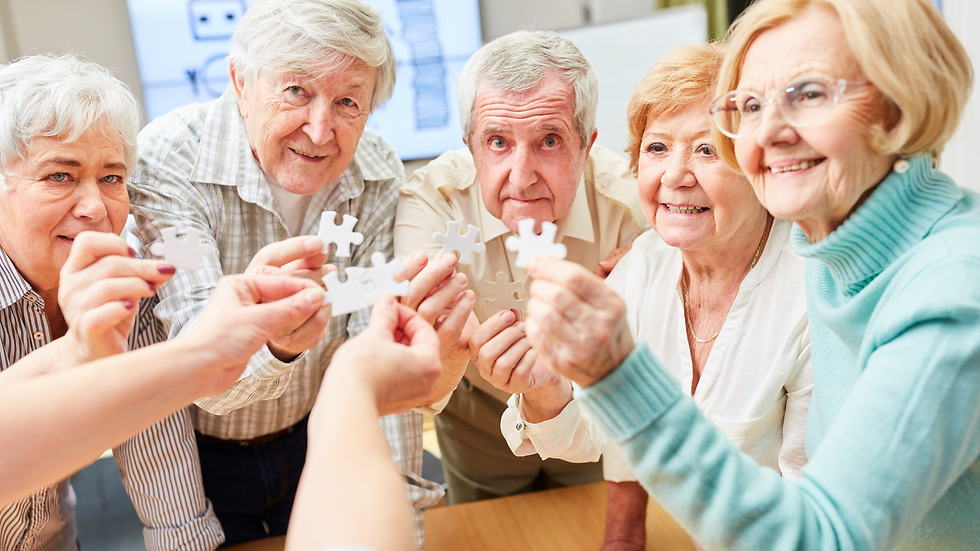Fulfilling Five Daily Needs of Seniors: A Guide to Quality Care
- Brianna Berry
- Oct 11, 2023
- 2 min read

As our loved ones age, their daily needs and priorities change, requiring special attention and care. Meeting these needs is essential for ensuring the well-being, comfort, and quality of life of seniors. In this blog post, we'll explore the five daily needs of seniors that must be met, offering insights and practical tips for caregivers and family members.
1. Physical Well-Being: Seniors require physical care to maintain their health and mobility. This includes assistance with daily activities like bathing, dressing, grooming, and medication management. Ensuring seniors have proper nutrition and hydration is vital for their overall well-being.
2. Emotional Support: Emotional well-being is equally crucial. Seniors may face feelings of loneliness, depression, or anxiety, particularly if they've experienced loss or reduced social interactions. Caregivers and family members should offer companionship, active listening, and opportunities for socialization.
3. Cognitive Stimulation: Seniors need mental stimulation to keep their minds sharp and engaged. Encourage activities that challenge cognitive abilities, such as puzzles, brain games, or reminiscing about the past. Reading, listening to music, and engaging in creative endeavors like art or writing can also provide cognitive stimulation.
4. Mobility and Exercise: Maintaining mobility is essential for seniors' independence and physical health. Encourage daily exercise, even if it's a gentle walk or seated exercises. Physical activity can improve balance, reduce the risk of falls, and enhance overall well-being.
5. Safety and Security: Seniors often have increased safety concerns, especially if they live alone. Ensure their living environment is safe by addressing potential hazards like loose rugs or clutter. Installing grab bars and non-slip mats in the bathroom can prevent accidents.
Meeting the daily needs of seniors requires a holistic approach that encompasses physical, emotional, cognitive, and safety considerations. Caregivers and family members play a crucial role in ensuring these needs are met, enhancing the quality of life for their elderly loved ones.


.png)

Comments